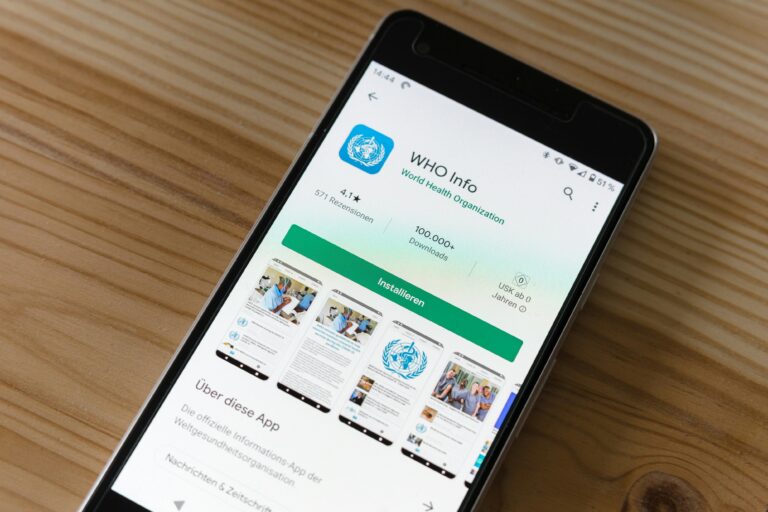Fighting the stigmatization around lung cancer

Let’s chat about something really serious – lung cancer. Nobody likes to think about stuff like this, but it’s important to be aware, especially in a place like Trinidad and Tobago. First off, let’s break it down. Lung cancer occurs when cells in your lungs go rogue and start multiplying like crazy, forming tumours. It’s one if the most common types of cancer worldwide, and in Trinidad and Tobago, too. For starters, we love our puffing and smoking; it’s like a national pastime. But here’s the thing – smoking isn’t just harmful to your lungs, it’s practically a one-way ticket to lung cancer city. And, it’s not just cigarettes – we’re talking about hookah, cigars, weed, all of it. Anything that has tobacco is bad news for your lungs.
In Trinidadian society, like in many other cultures, the diagnosis of lung cancer is often met with a mix of emotions ranging from shock and disbelief to sadness and fear. While attitudes toward lung cancer may vary among individuals, there are certain cultural and societal factors that influence how Trinidadians perceive the disease and its associated pain and suffering.
Traditionally, there may be stigma attached to lung cancer, particularly if the individual is a smoker. This stigma can lead to feelings of guilt or shame for the person diagnosed and their loved ones, further complicating their emotional response to the diagnosis. Additionally, there may be a tendency to view lung cancer as a death sentence, given its often advanced stage at diagnosis and its reputation as a particularly aggressive form of cancer.
In Trinidadian society, where close-knit family bonds are valued, the diagnosis of lung cancer can also bring about a sense of helplessness and despair among family members. Witnessing a loved one endure pain and suffering can be deeply distressing, leading to feelings of emotional turmoil and vulnerability within the family unit. It is crucial to talk about lung cancer in Trinidadian society to raise awareness, reduce stigma, and promote early detection and treatment. By openly discussing the condition, individuals can better understand the risk factors, symptoms, and available resources for prevention and management.
Additionally, breaking the silence surrounding lung cancer allows for more honest conversations about smoking cessation and the harmful effects of tobacco use, which remains a significant contributor to the disease burden in Trinidad and Tobago. Both tobacco and marijuana are a socially accepted with marijuana and blunts being consistently perceived as more socially acceptable and less risky than cigarettes although there has been no evidence to prove such a perception.
So, what can be done about it? Well for starters, kicking the habit is the best options. I know it’s easier said than done, but help is available – support groups, nicotine patches, you name it. Although there are other contributors to lung cancer, smoking still contributes to 90 per cent of all lung cancer. Let’s not forget about early detection. The thing about lung cancer is, it’s sneaky – it doesn’t always show symptoms until it’s already advanced. That’s why it’s so important to get regular check-ups, especially if you’re at risk. Catching it early can really make all the difference in the world.
Furthermore, open dialogue fosters a supportive environment for those affected by lung cancer, providing avenues for emotional support, access to resources, and opportunities for advocacy. By sharing personal experiences and stories, individuals will feel less isolated and empowered to seek help and navigate their journey with the disease.
Ultimately, by talking about lung cancer, our society can work towards destigmatizing the condition, improving outcomes for those affected, and fostering a culture of compassion, awareness, and support for all individuals impacted by this devastating illness.
Ultimately, while the diagnosis of lung cancer may bring about profound sadness and suffering in Trinidadian society, it also serves as a reminder of the importance of coming together as a community to support one another through life’s most difficult moments
Subrina Hall-Azih is a Trinidadian educator residing in the United States.






